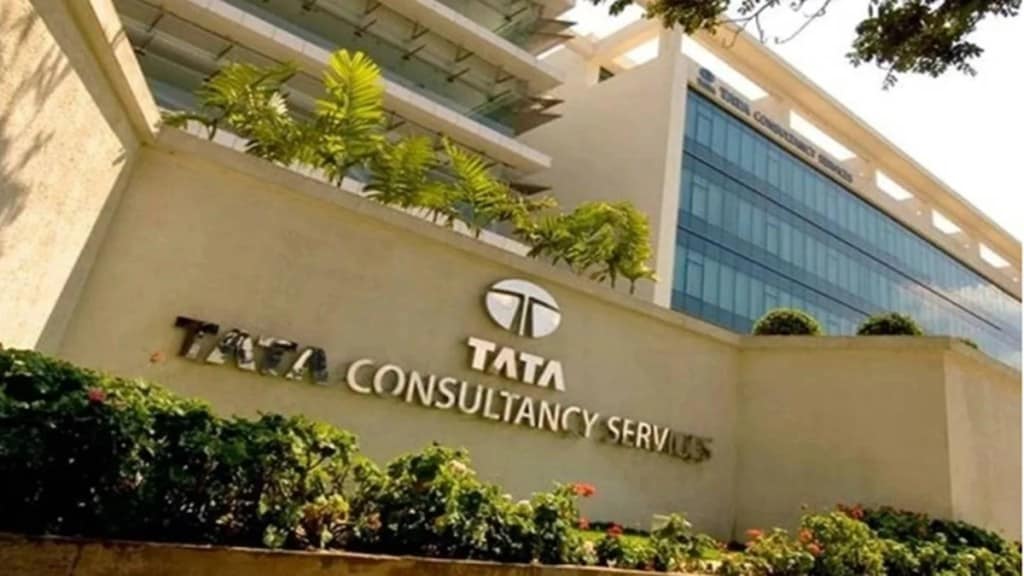Despite Accenture’s quarterly revenue being more than double of its nearest rival Tata Consultancy Services (TCS), the latter’s net income is now within the striking distance of the US-based IT major. The difference between the net profit of Accenture and TCS is just $30 million.
Accenture’s revenue for the August quarter (Q4 of FY23) was at $15.9 billion and TCS’ revenue for the September ending quarter was Rs $7.21 billion. However, Accenture’s net income for the August quarter was $1.40 billion and TCS’ for September quarter was at $1.37 billion.
While Accenture follows a September-August financial year, in the case of TCS it is April-March.
The revenue of TCS in June quarter of FY23 was at $7.2 billion, whereas Accenture posted a revenue of $16.5 billion in the May quarter (third quarter of FY23). During the same quarter, the difference between their respective net profits was $660 million.
During the seven quarters preceding the last quarter, the gap between the net profits of two IT majors ranged between $120 million to $660 million. But in the recently concluded quarter for both the companies, the gap narrowed to below $100 million.
With TCS upping the ante on the margin front, analysts believe it would cross Accenture to become the most profitable company in the IT service stable in next two quarters.
Peter Bendor-Samuel, CEO, Everest Group, said, Accenture’s business models lean on the expertise arbitrage, whereas TCS’ business model leans on labour arbitrage. The latter is a much more profitable model.
Though the two firms have elements of both but it’s a question of degree. For instance, in the case of TCS, 80% of the business is offshore and the remaining 20% onshore. Accenture’s mix is the ratio of 60:40.
Accenture’s focus on expertise arbitrage makes it pay higher for both onshore and offshore labour. This also contributes to the difference in margins, added Peter.
Pareekh Jain, founder of Pareekh Consulting, said, in next few quarters, TCS might become the most profitable company in the IT service stable on the back of three factors: delivery mix, geographical mix and service mix.
In service mix, Accenture does a large number of consulting businesses which have lower margin. In consulting business, one needs business plus technical skills, whereas in managed services or outsourcing, the models work on technical skills where margins can be better optimised with pyramids leveraging junior employees.
In geographical mix, Accenture has relatively large exposure to emerging markets that give lower margins. And in delivery mix, TCS has relatively large percentage of employees in India than Accenture, added Jain.
Accenture’s guidance for FY24 was the second-lowest among the beginning of year guidance in the past 16 years. It has guided a revenue growth of -2 to 2% in Q1FY24 and for the full year, expects revenue growth to be in the range of 2-5%.


